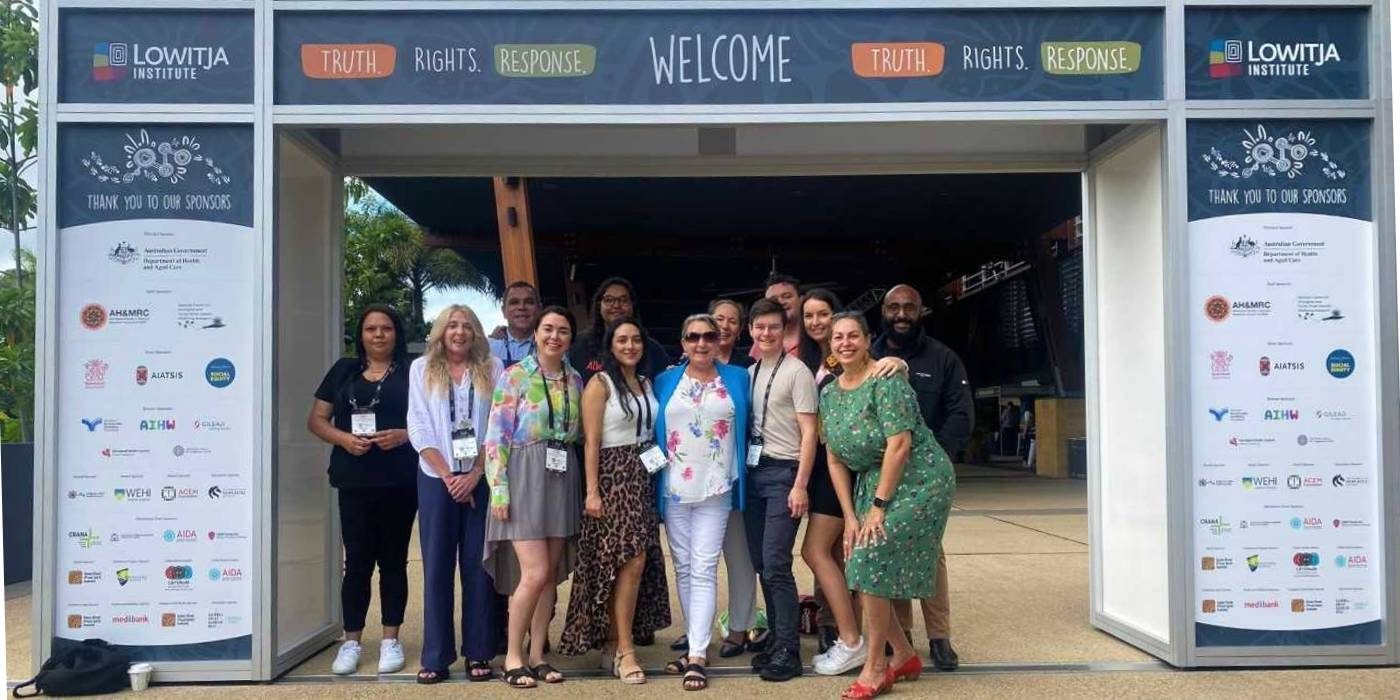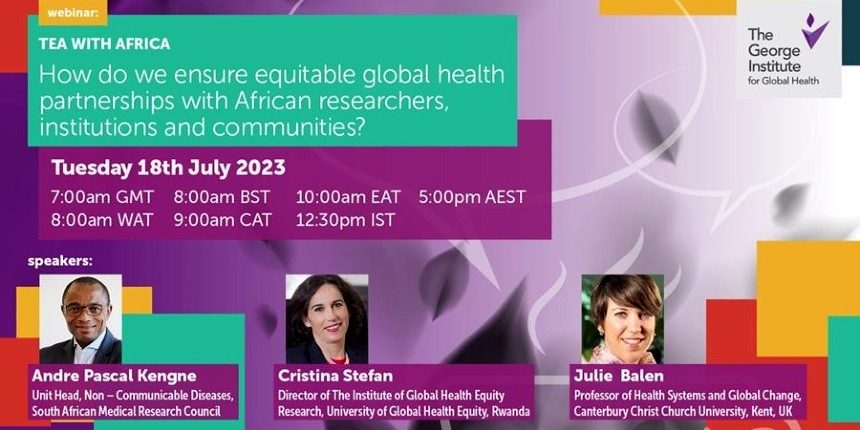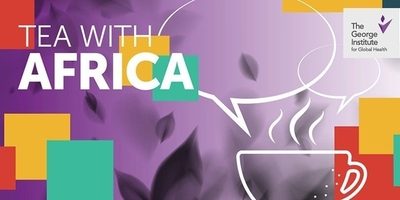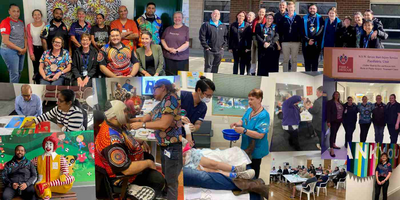Recently the Guunu-maana (Heal) Aboriginal & Torres Strait Islander Health team attended and presented at one of the most anticipated health conferences of the year. The Lowitja Conference, named after Yankunytjatjara woman and renowned advocate Dr Lowitja O’Donoghue, is held every two years. The conference draws people from across Australia and the world who work in First Nations’ health. This year over a thousand people gathered on the lands of the Gimuy Walubarra Yidinji people in Cairns, Queensland, the first time the conference was held since 2019 due to Covid.
Truth, Rights, Response
The themes of Truth, Rights, Response were weaved throughout keynote speeches, presentations and posters. Alyawarre woman and Chairperson of the Lowitja Foundation, Pat Anderson AO opened the conference with a powerful address on the hard-won achievements of Aboriginal and Torres Strait Islander health research now in the hands of Aboriginal and Torres Strait Islander people over a process of 25 years. “We are in charge now”, she said. Scholar Linda Tuhiwai Smith (Ngāti Awa and Ngāti Porou, Māori) reflected on the responsibility to listen to the truth and protect what has been won in First Nations health.
Guunu-maana showcase of work
The Guunu-maana (Heal) team showcased the work of a number of projects, including trust-building in burn care delivery and planning (Community Coordinated Burns Care project), non-Aboriginal health workers’ experiences of working with Aboriginal health workers in acute care settings, building cultural safety and capability for burn services, organisational reform at an Aboriginal Health Unit leading to change child removal outcomes, and dance as a decolonised methodology. The team held a workshop on the Guunu-maana (Heal) program model and redefining the research paradigm. Posters showcased the work of the Safe Pathways project, Aboriginal Community Controlled Health services community engagement project and the food and water for life project.
Individual reflections from the team
“I was so proud to see so many powerful First Nations women and the men being their cheerleaders and supporting them and the other organisations across Australia reaching for the same goals.” Bianca Barnier
"As I reflect on the Lowitja conference I was amazed at how many great presentations there were. I have come away with a wealth of knowledge that I can use in my own writing. It was amazing to network with so many people. The whole conference was amazing." Elizabeth Bourke
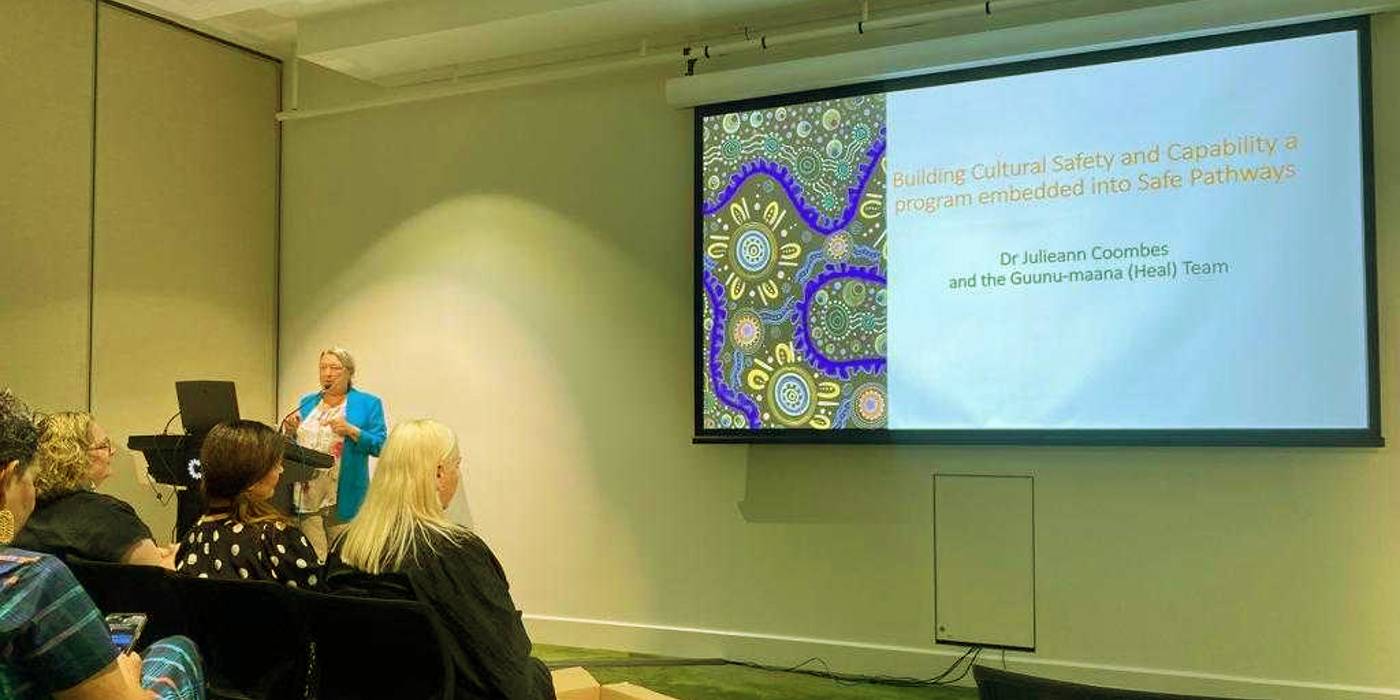
“Attending the Lowitja conference was an incredibly empowering and healing experience. Seeing the scope of work that our Aboriginal and Torres Strait Islander brothers and sisters are producing as well as the work of our Indigenous cousins from around world was deeply inspiring and reinforced that we’re not alone in the journey towards better health outcomes for our people. It was a space where we shared knowledge, recognising achievements, and celebrating the strength of our Indigenous cultures and people.” Alinta Trindall
“Wow, what an amazing experience, I’m so impressed with how many great new leaders and our Elders leading the way, the many people doing their work for our mob and communities, with so much passion and striving for better outcomes. It was a great conference for networking and hearing about so many amazing projects and initiatives. This conference would be one of the best and most organised I have experienced.” Ty Madden
“The Lowitja conference is one of those events that I always look forward to attending. It was invigorating to hear all the work being done in Australia and Internationally. The key note speakers were exceptional and catering was fantastic. The conference provides an opportunity where all our First Nations peoples and allies can come together to share knowledges, learn from each other and unite together in our collective cause, such a motivating experience.” Bobby Porykali
“What a privilege to be there! Hearing all the speakers share their knowledge and experience and challenge all of us to continually consider what we do and how we do it. It was wonderful having the chance to connect and reconnect with people we may not have seen in person for years. And doing all that and having been welcomed onto the amazing lands of the Gimuy Walubara Yidinji and Yirrganydji peoples! Truly an incredibly valuable experience.” Kate Hunter
”The Lowitja Conference is a significant platform for knowledge exchange and collaboration with other First Nations researchers. Watching all the inspiring work presented and the collective commitment to improving the health and well-being of our communities was revitalising.” Julieann Coombes
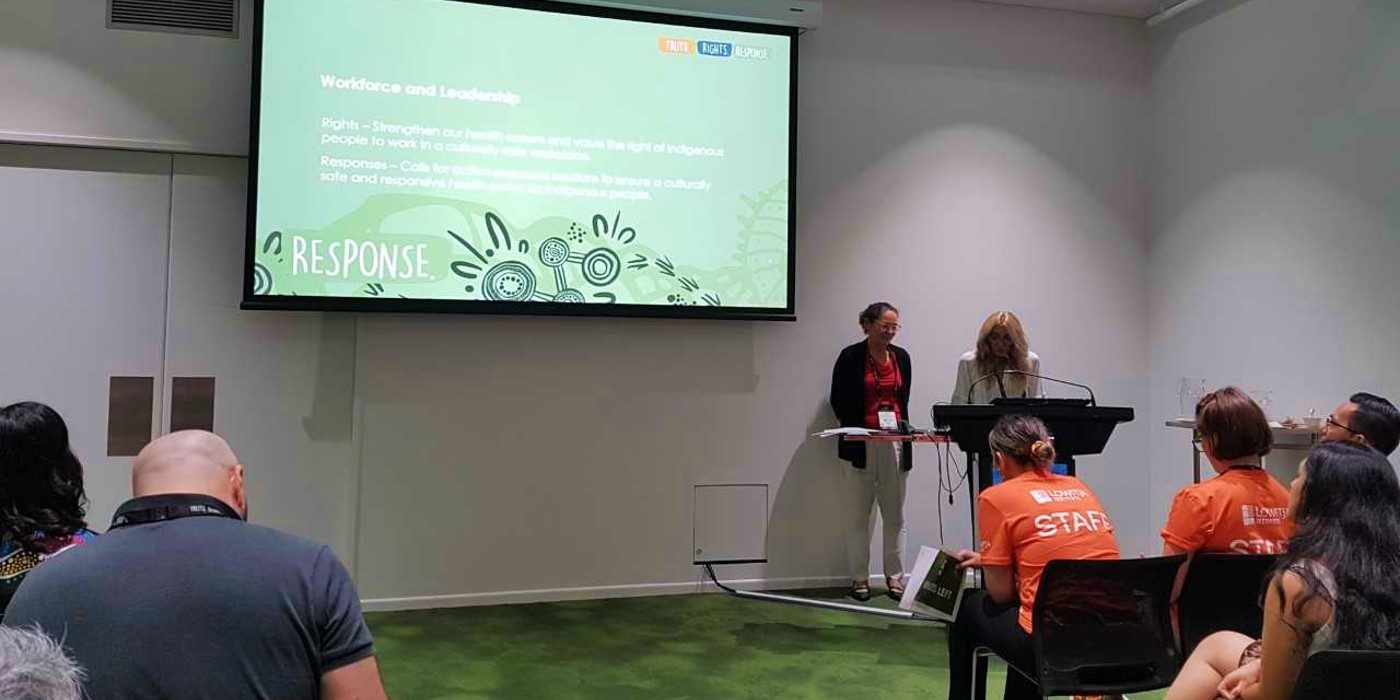
“It’s hard to find words to describe what it’s like to be surrounded by so many amazing Aboriginal and Torres Strait Islander and global First Nations leaders doing amazing work and being so generous in knowledge sharing. There are so many lessons and pearls of wisdom to sit with and consider. I feel energised to bring what we have learnt into continuing the work we do for First Nations health at TGI.” Keziah Bennett-Brook
“As a non-Indigenous person I felt privileged to be able to attend and present at such an amazing conference. I went home feeling absolutely inspired after hearing all the amazing Indigenous-led projects that are being conducted all over Australia and overseas. It was also amazing to experience the sense of community shared by everyone attending the conference and how welcoming everyone was. It truly was a portray of the strength and depth of Indigenous knowledges and communities. I came back home feeling even more honoured of having the opportunity to work with and for Aboriginal and Torres Strait Islander people.” Camila Kairuz Santos
"I think one of the strongest 'lightbulbs' for me was hearing our keynote speakers on Thursday morning each saying in their own way ‘Its our right to care for and be cared by our people, we should not feel respected because 'we' are allowed too’. Overall, it was a powerful gathering full of old friends, colleagues and new who create so much collective pride from their accomplishments. So much to learn from and aspire towards." Telphia Joseph
“The Lowitja conference was an incredible opportunity to hear from leaders in First Nations health globally. It was an honour to be part of a gathering that truly centred First Nations people’s voices and experiences. I went away feeling invigorated and full of ideas to strengthen my research with the Aboriginal communities I work with.” Jacek Anderst

